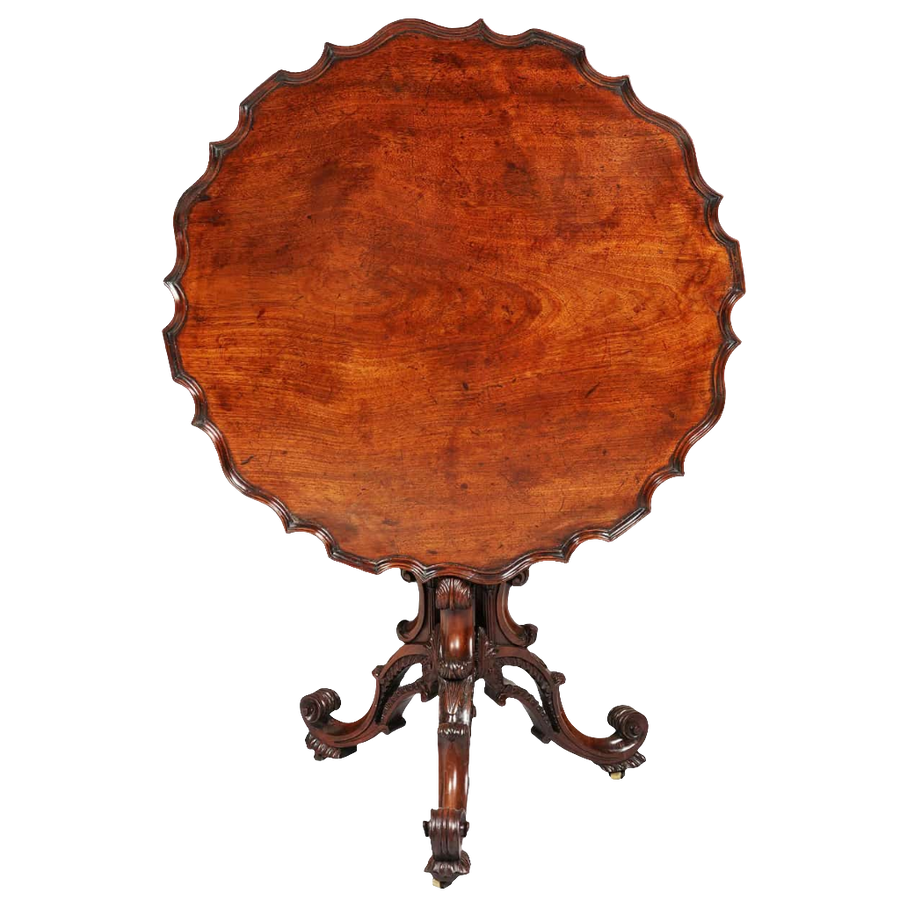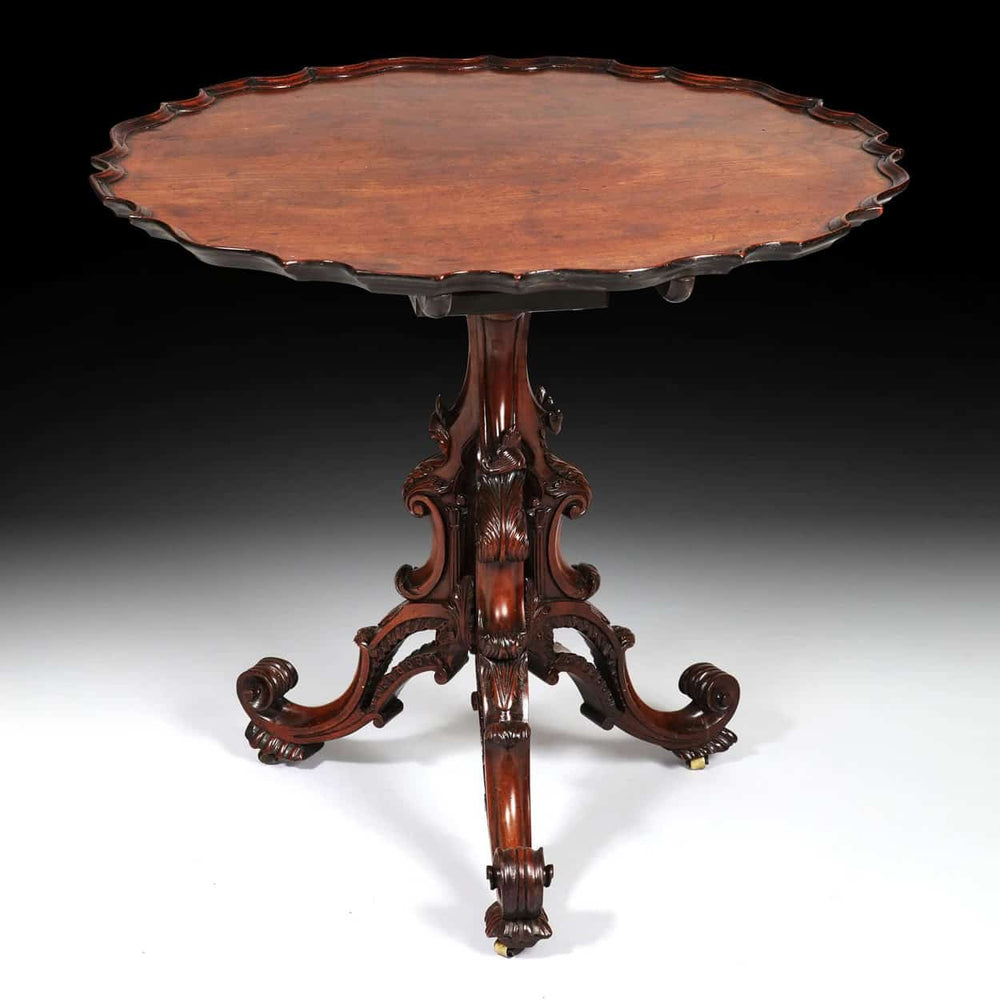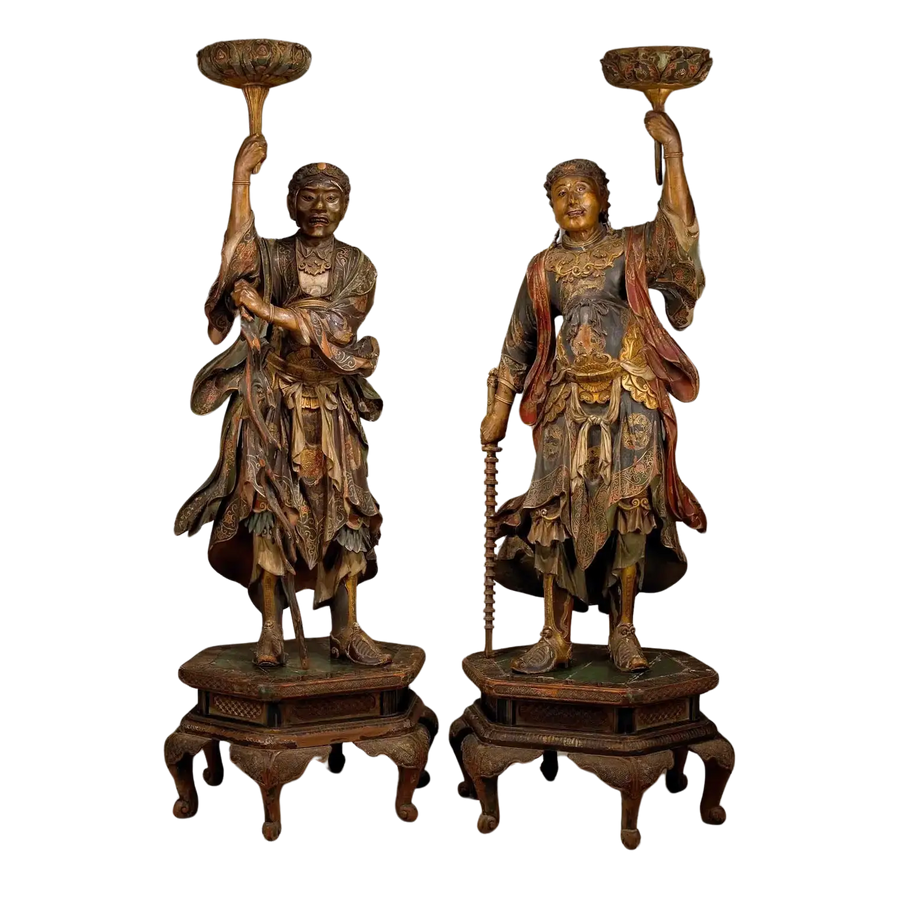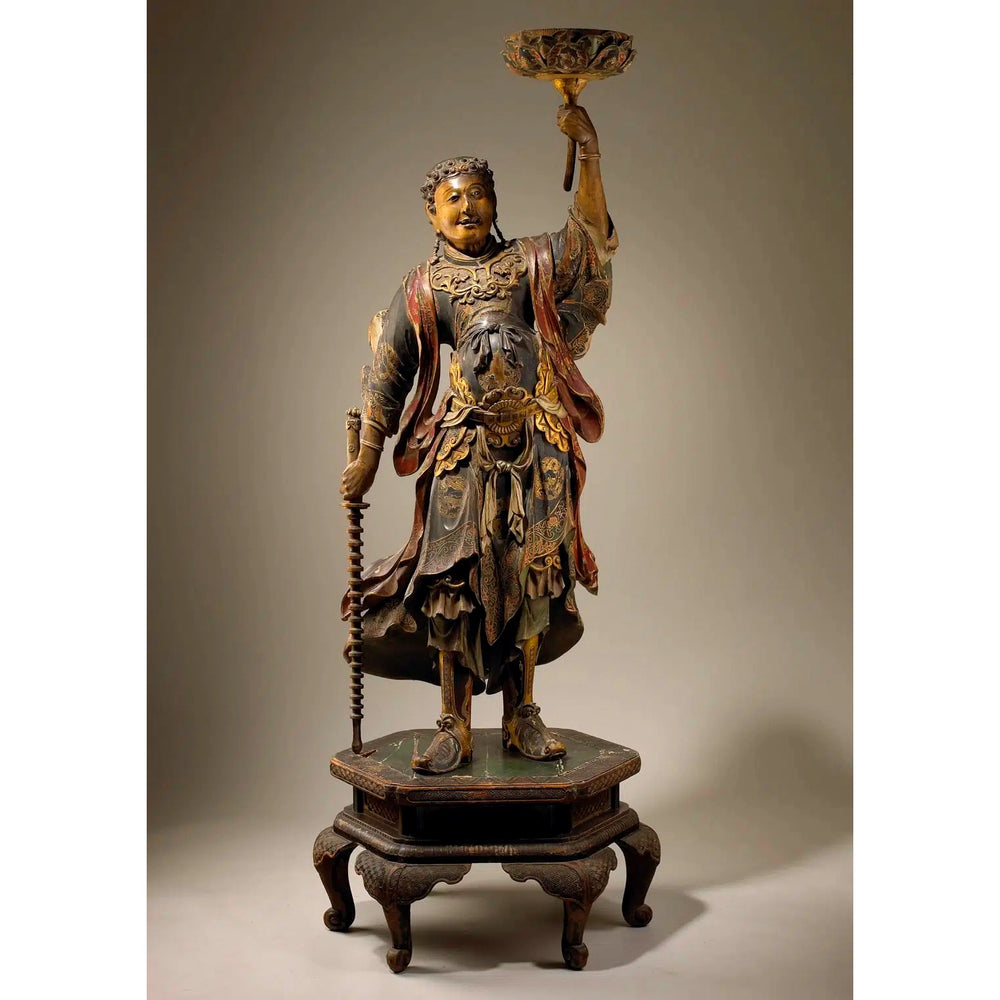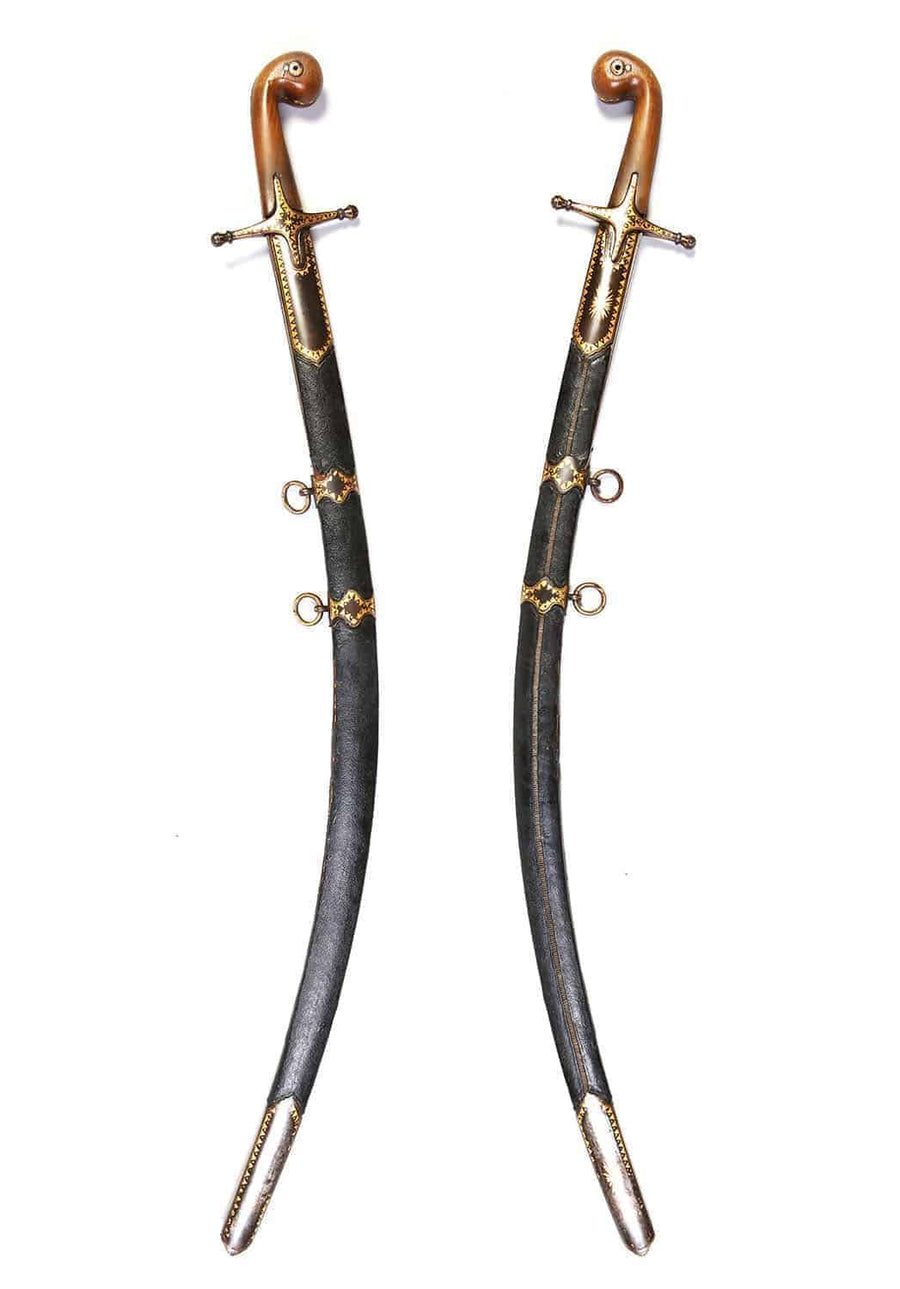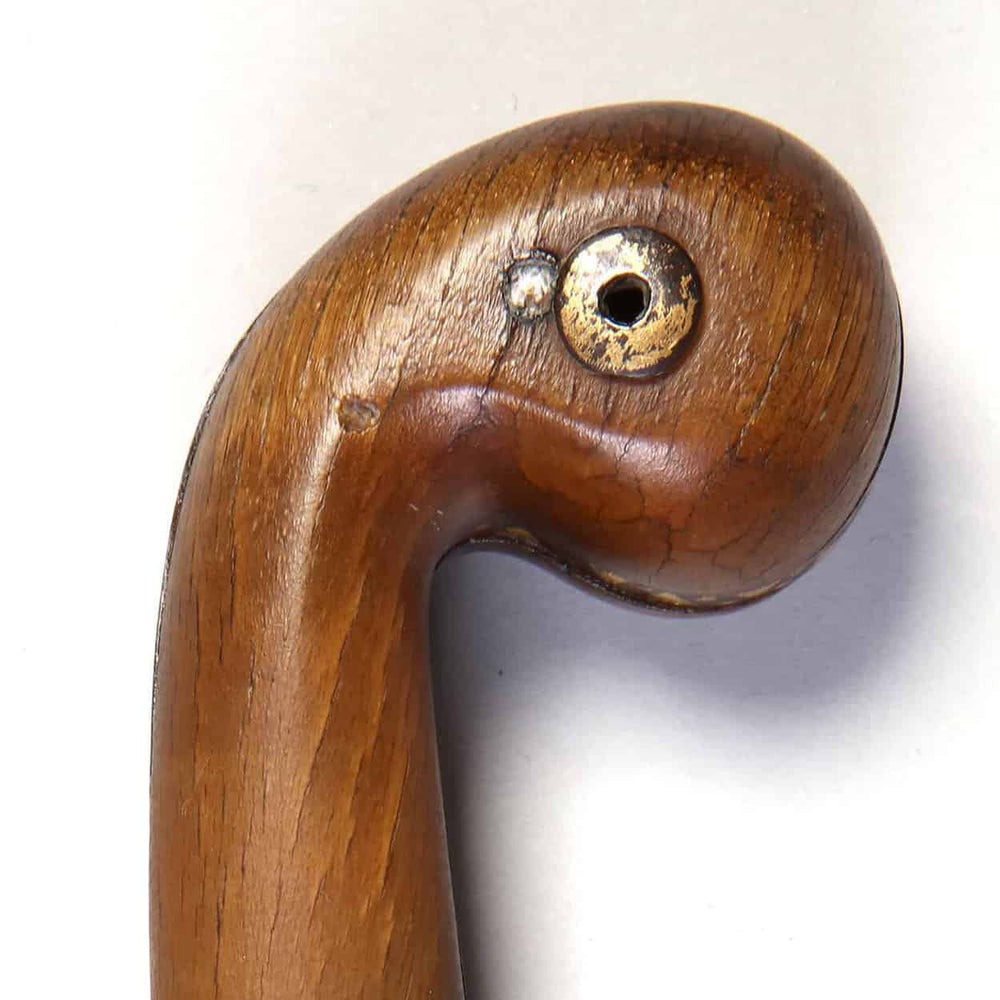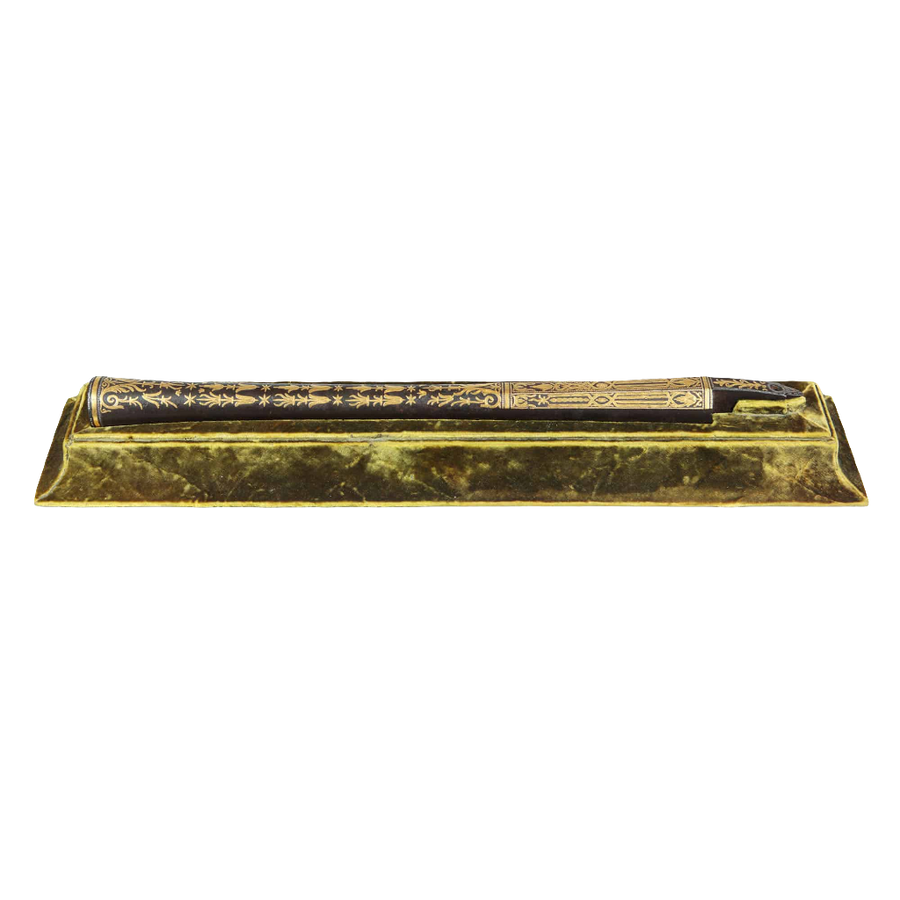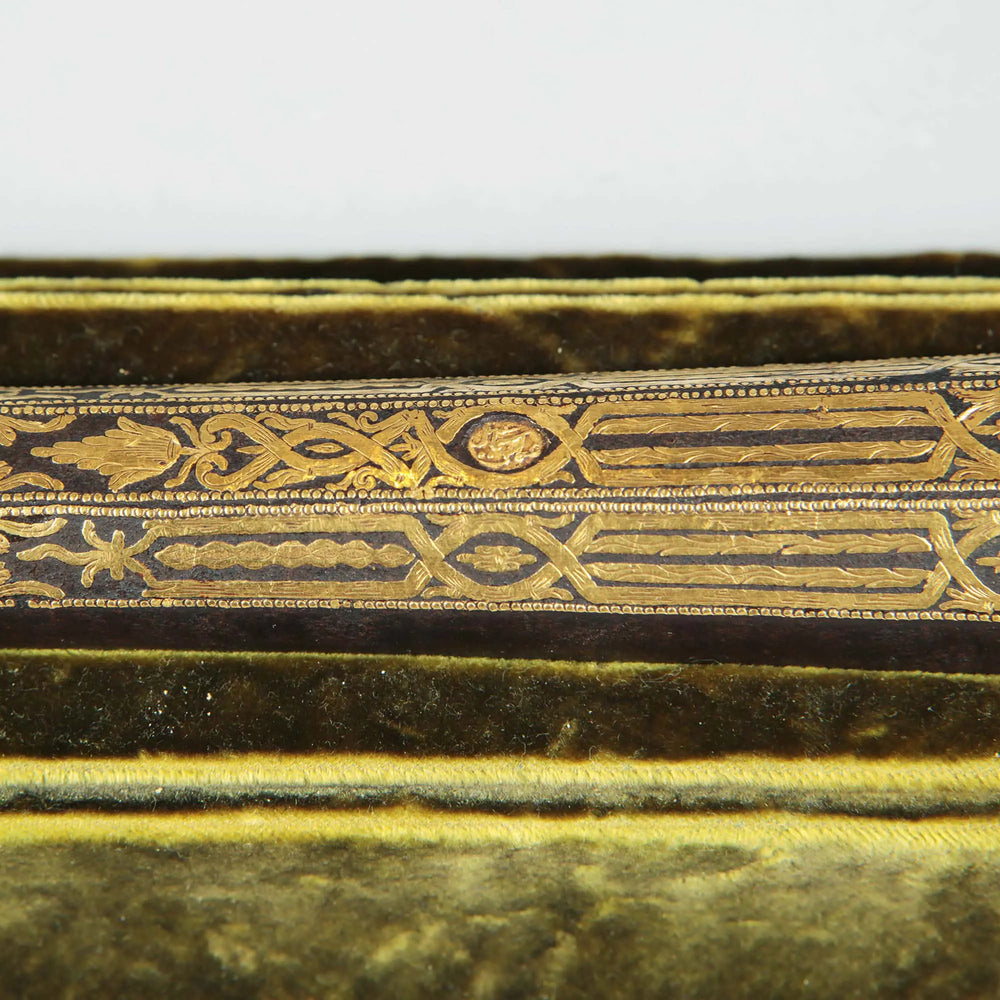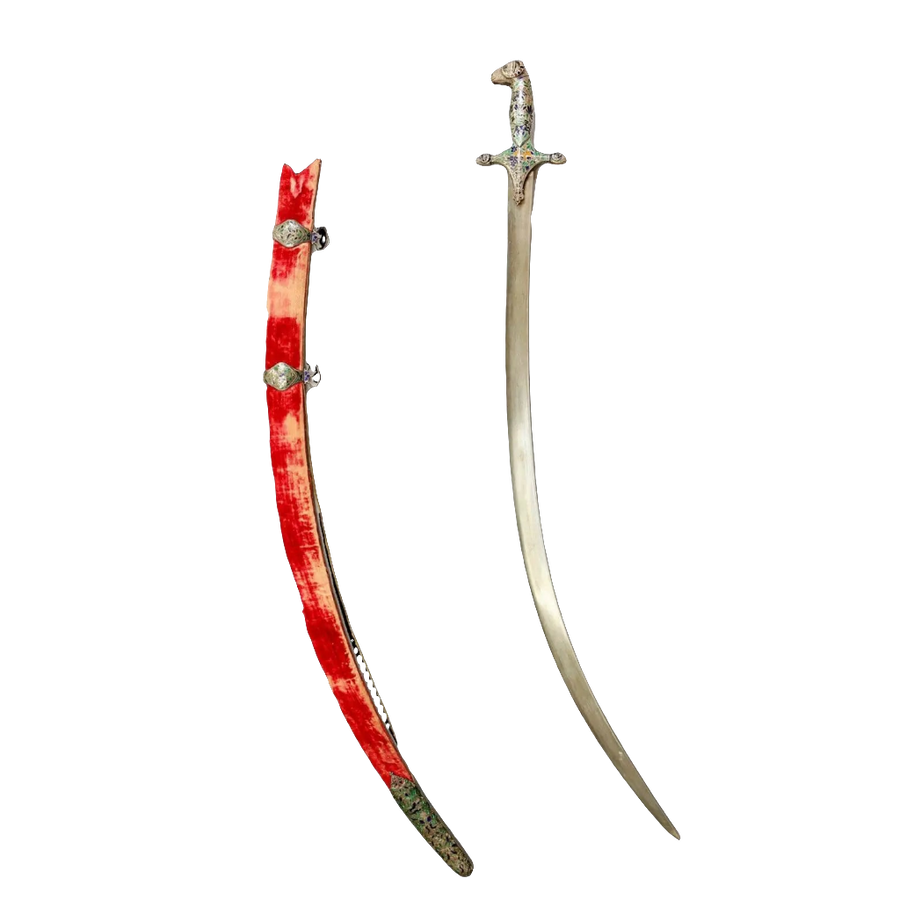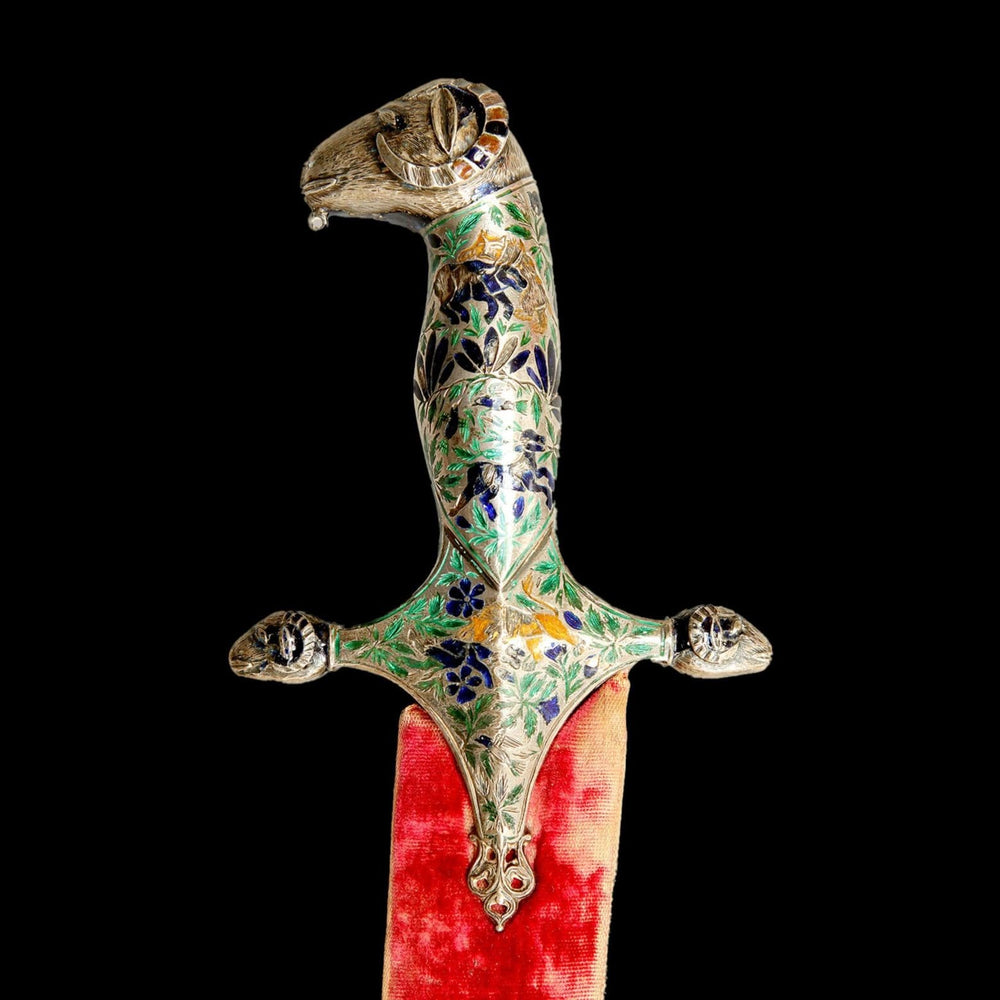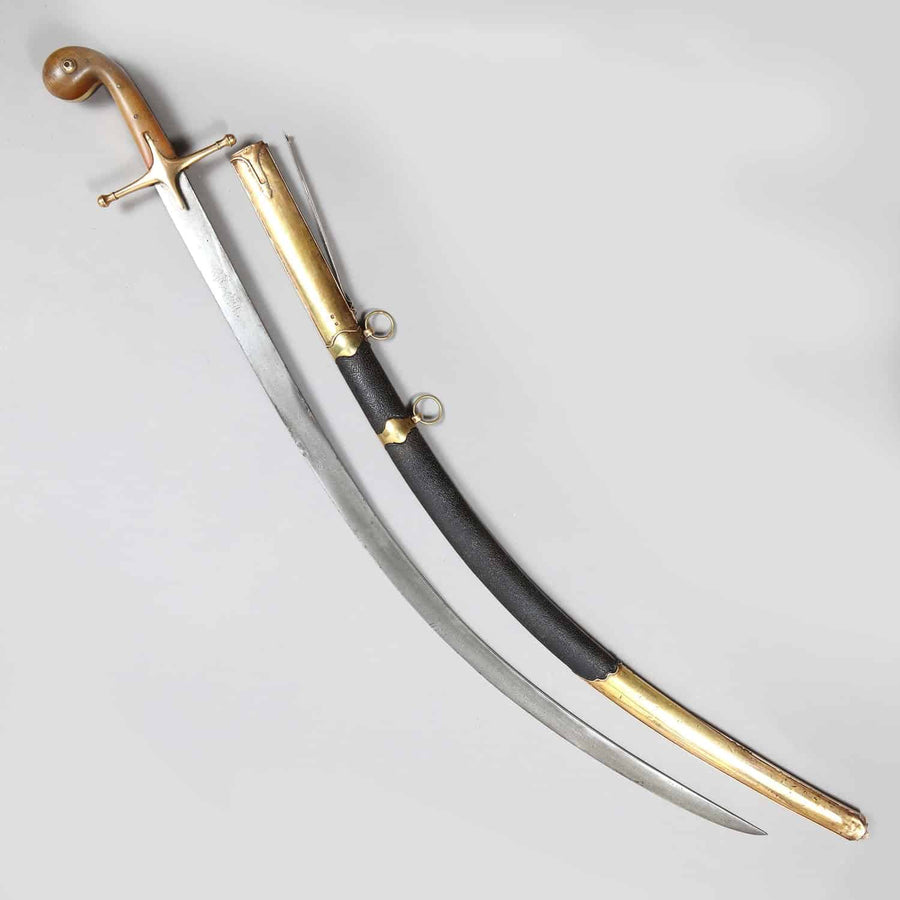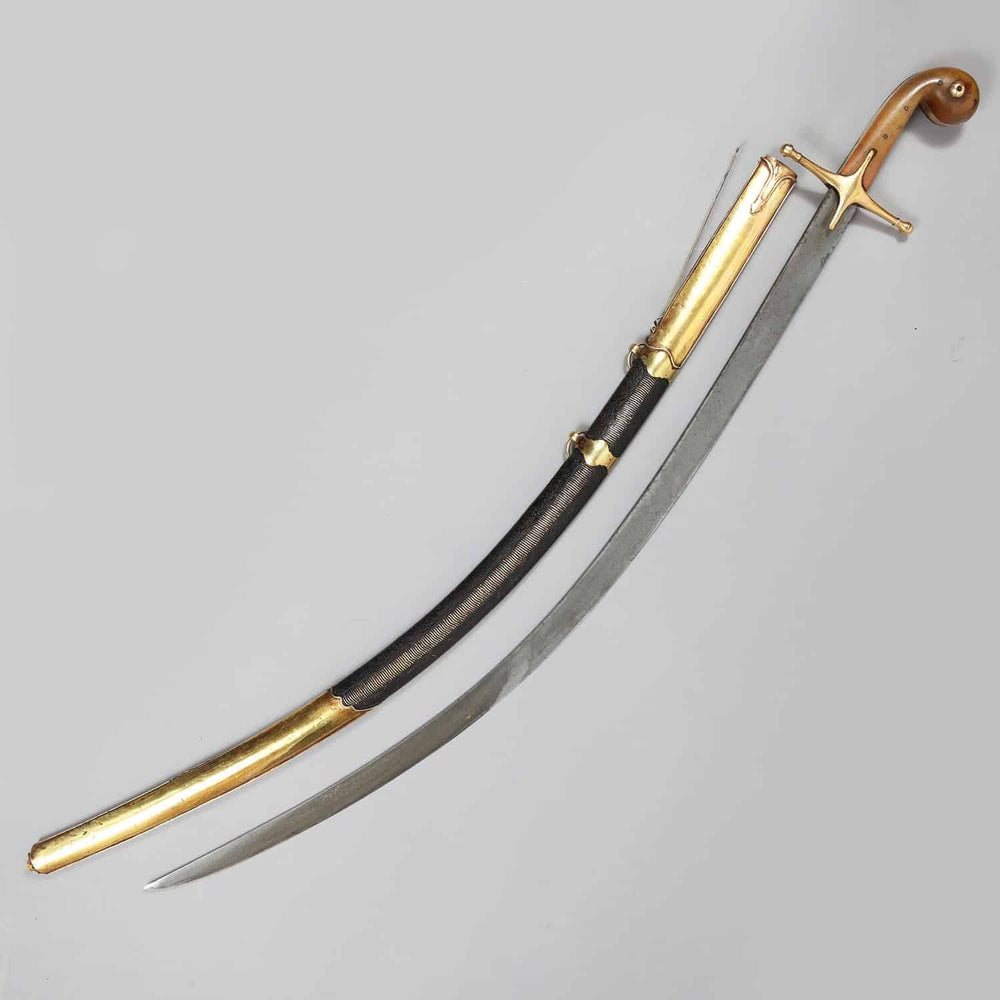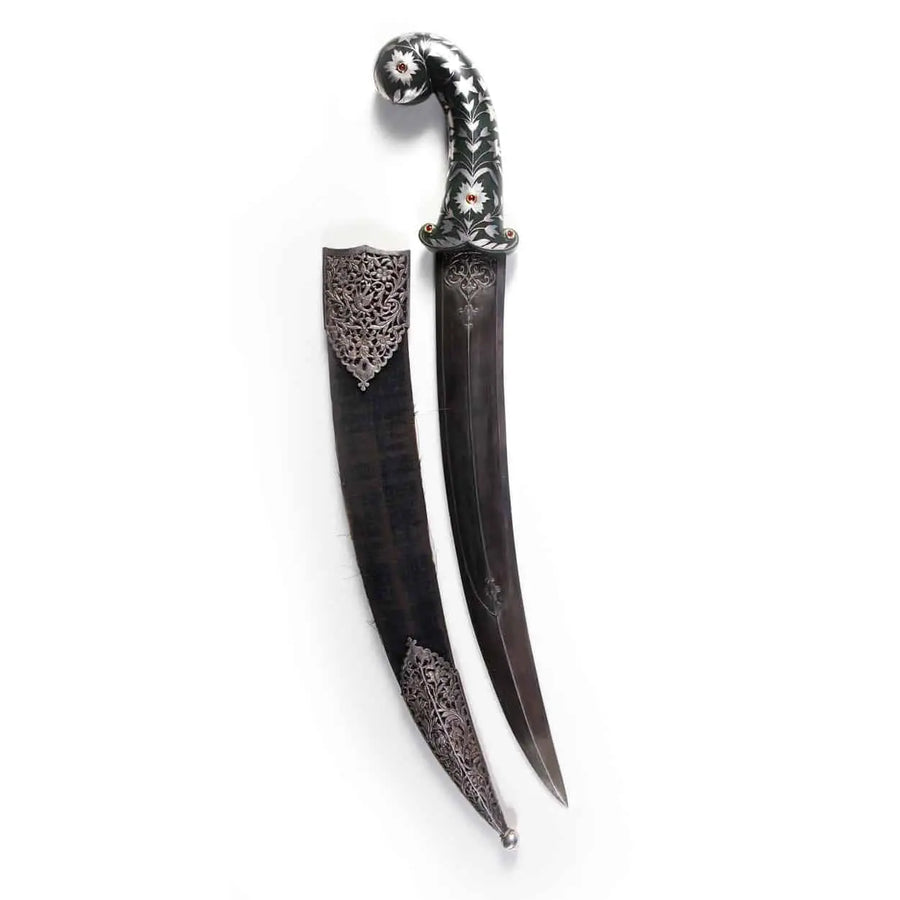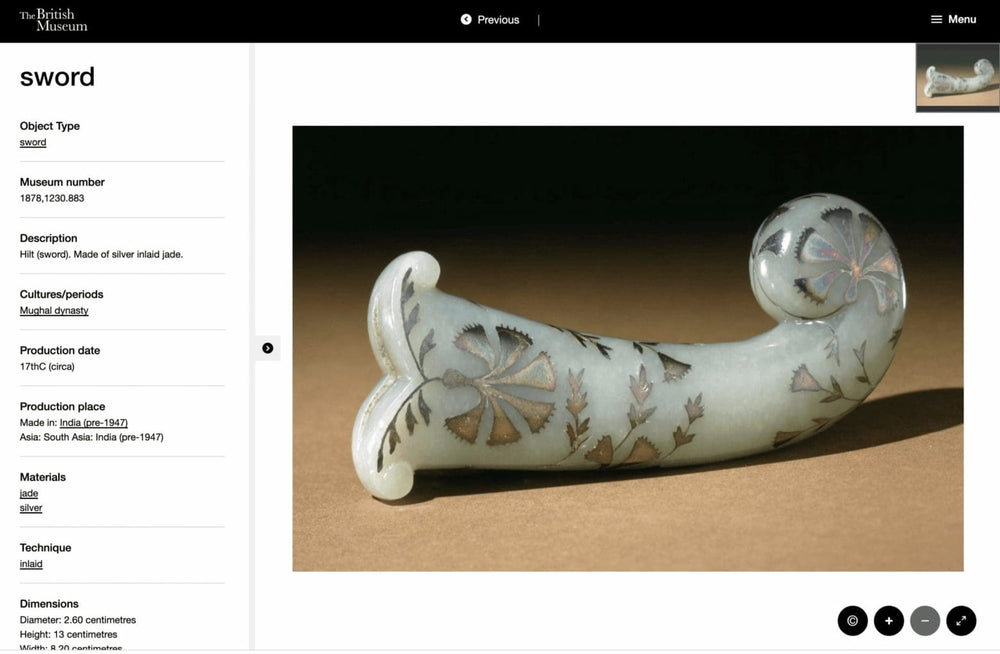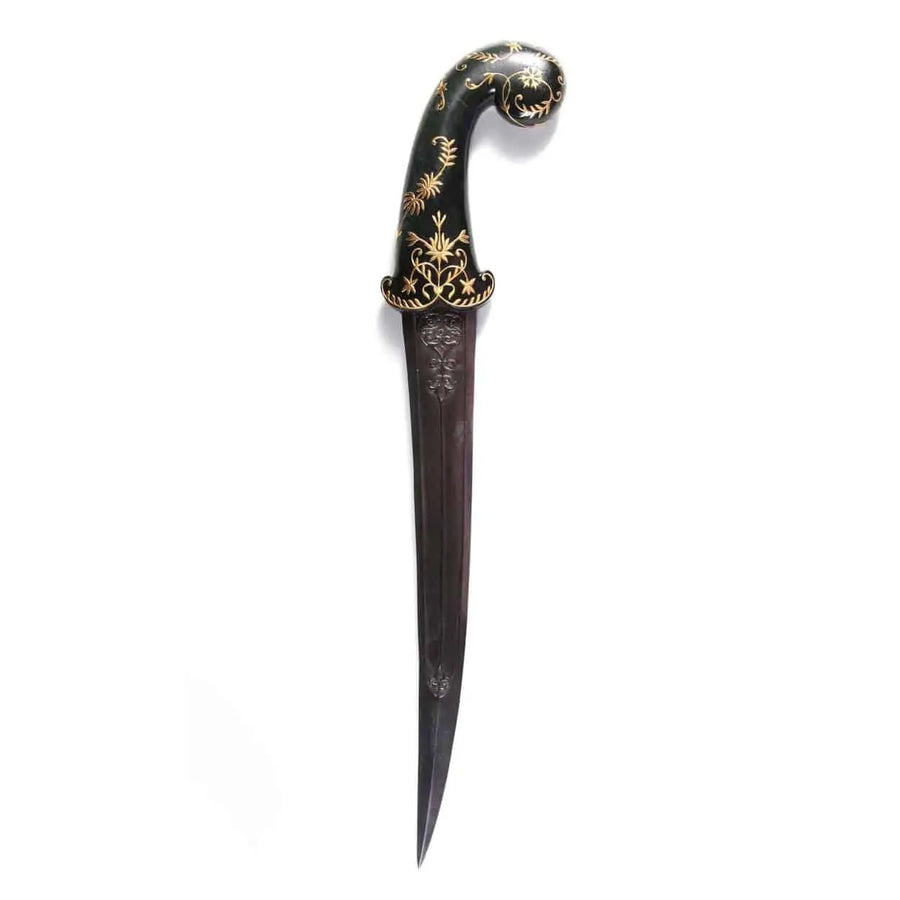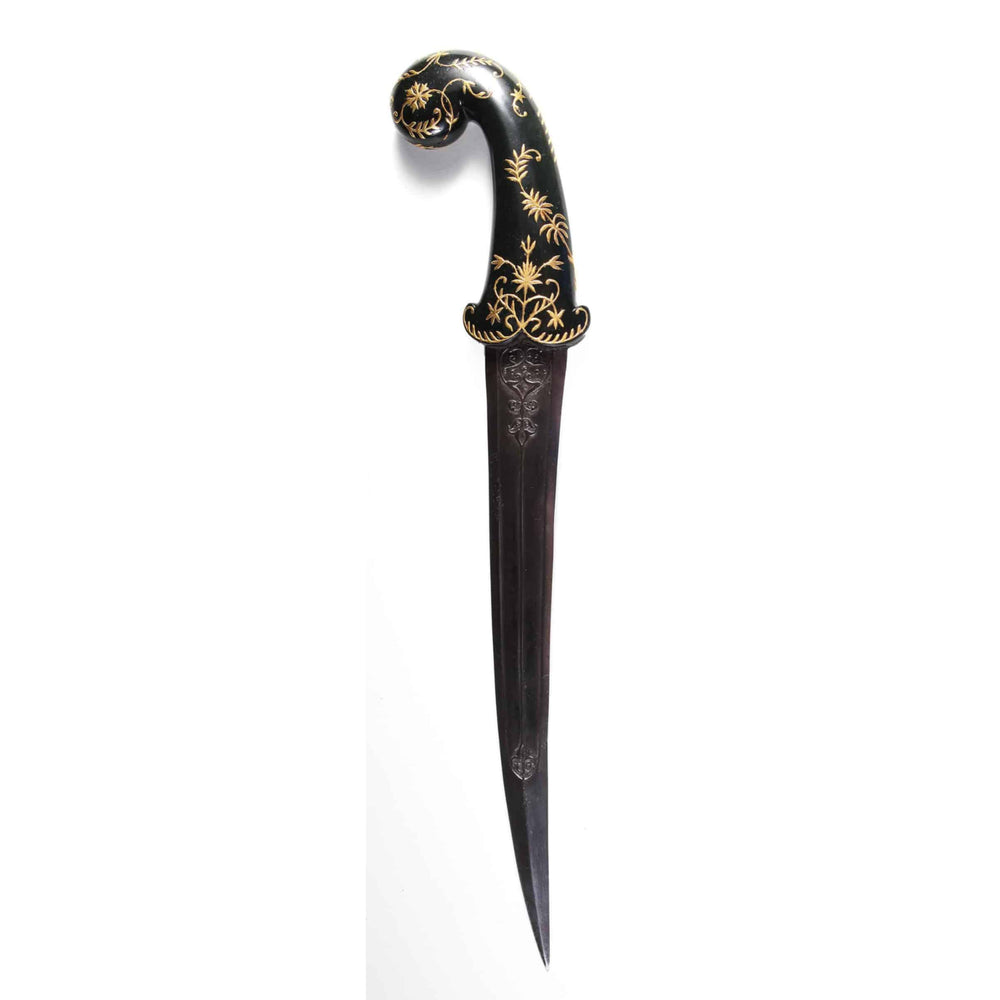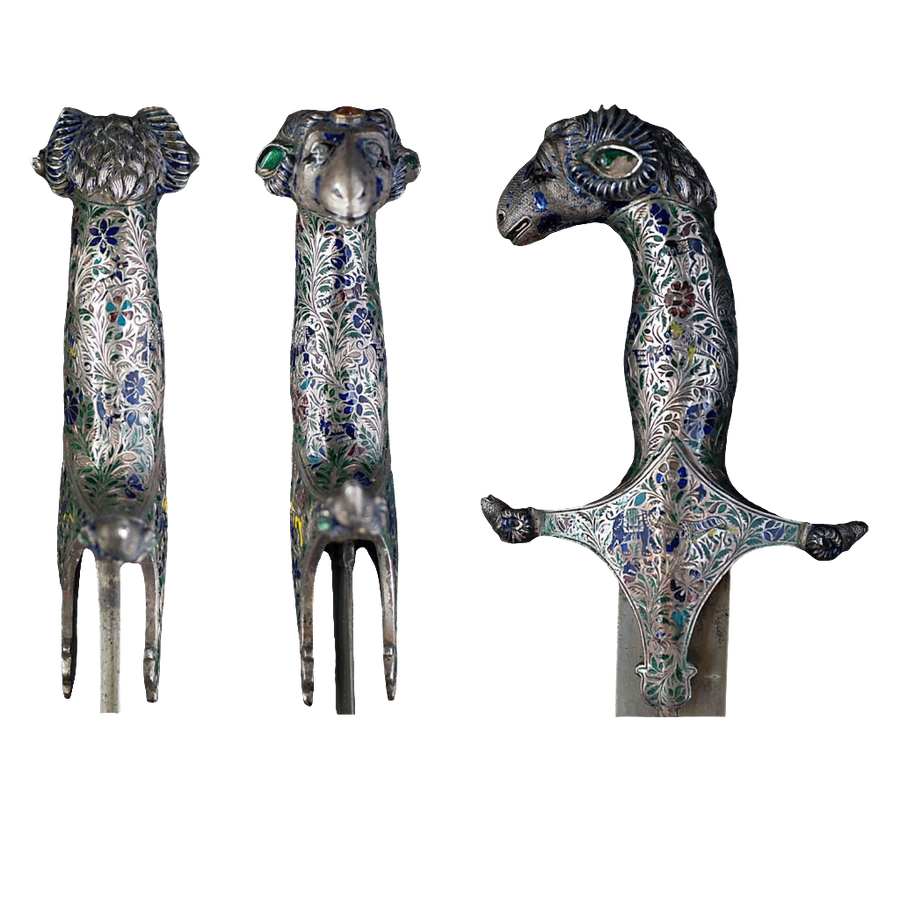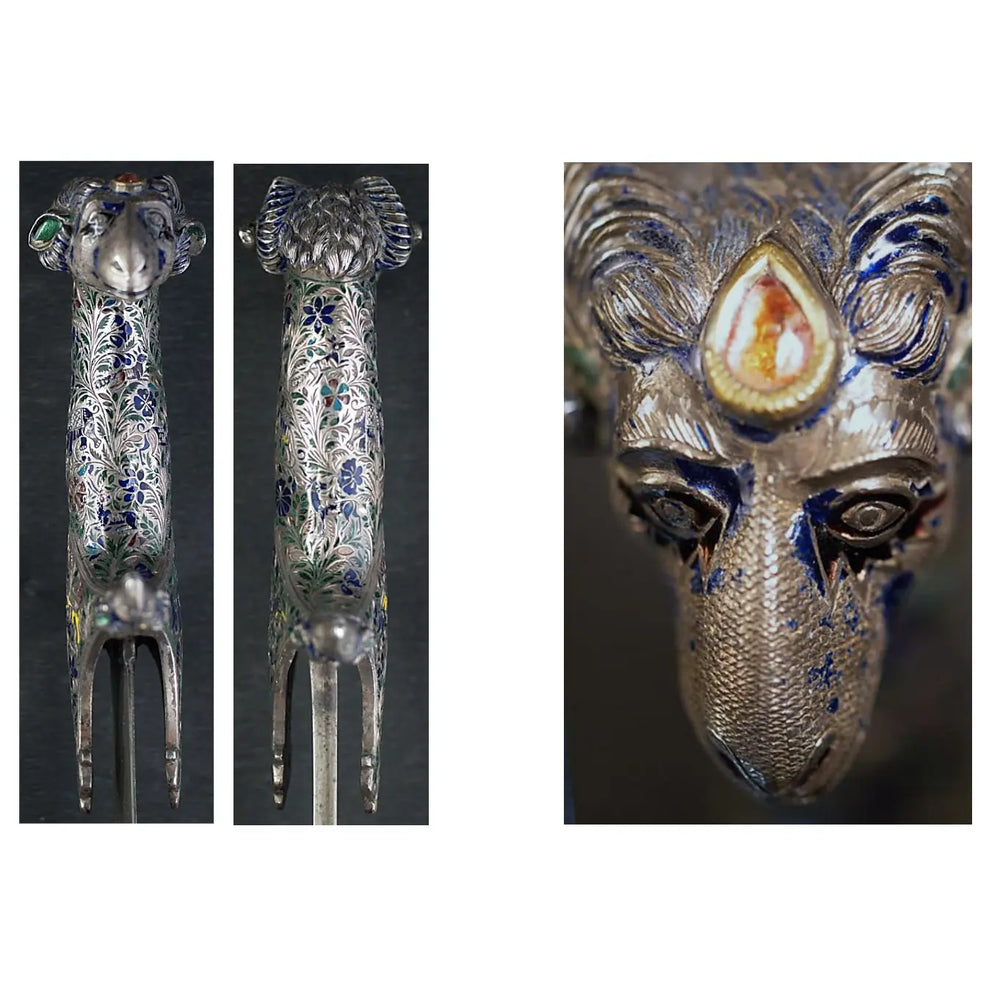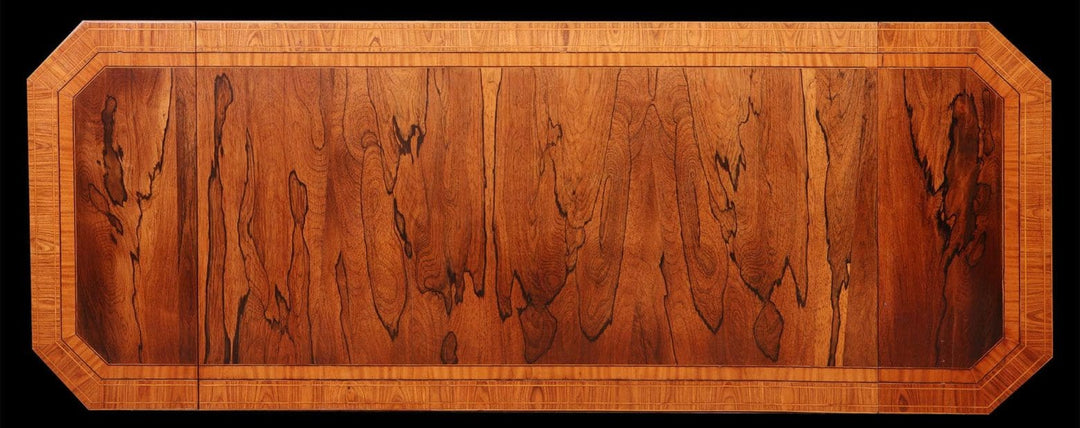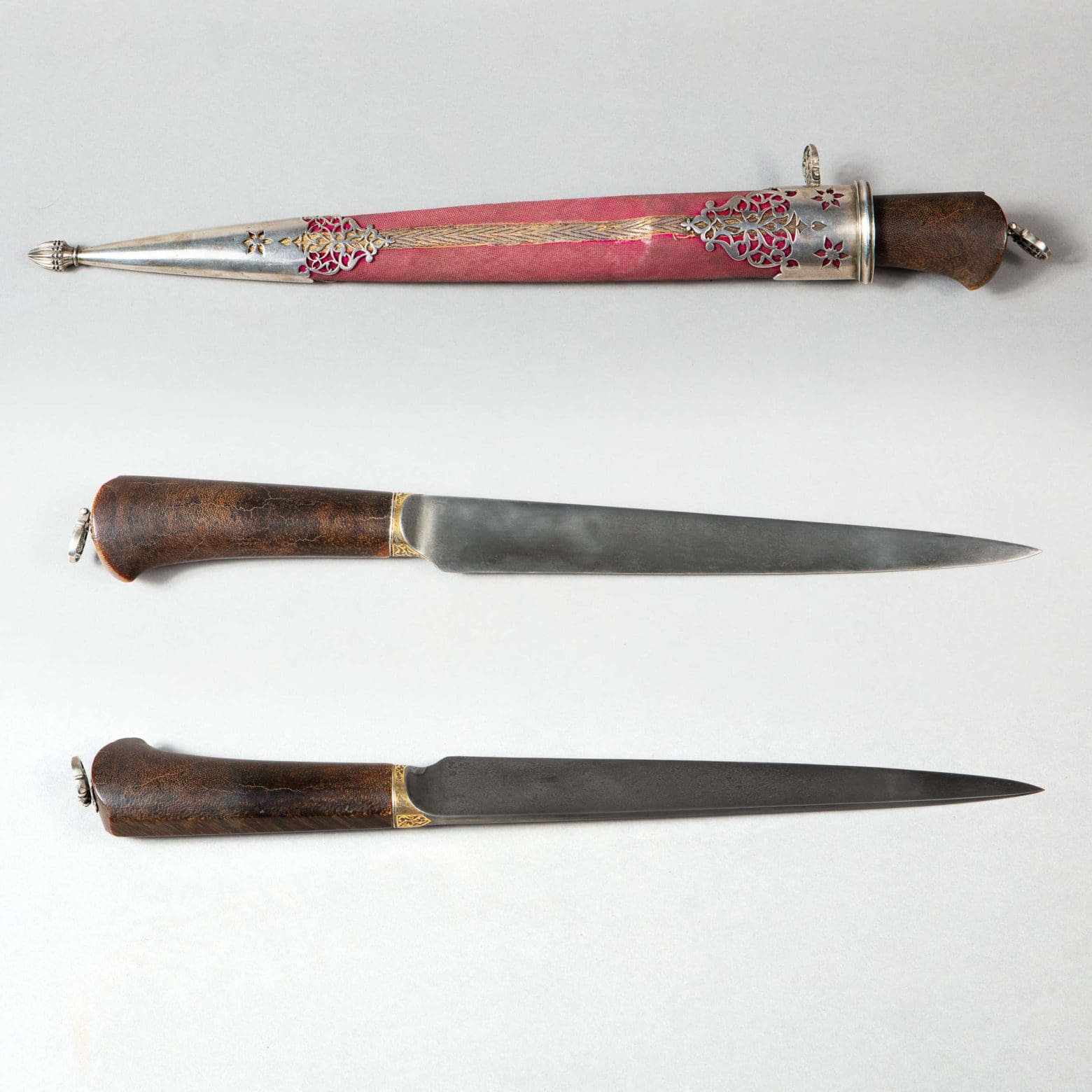
Wootz steel, first developed in India over two millennia ago, stands as one of the most remarkable achievements in the history of metallurgy. Celebrated for its strength, durability, and striking surface patterns, Wootz was the foundation for some of the most famous blades in history, including the legendary Damascus steel swords of the Middle East.
Wootz Steel: Origins in India
Produced through a crucible process, Wootz was made by melting iron with carbon-rich organic materials in clay crucibles and then cooling the metal slowly. This method created a high-carbon steel of exceptional quality, with characteristic watering patterns of flowing, rippling lines.
The unique properties of Wootz steel included:
-
Exceptional hardness and durability
-
The ability to take and hold a razor-sharp edge
-
Distinctive patterned surfaces admired as much for beauty as for function
In India, Wootz was fashioned into swords, spears, and daggers, while exported ingots travelled along trade routes to the Middle East, where they became the foundation of Damascus steel.
Damascus Steel: The Legendary Blade
The term Damascus steel refers to blades characterised by wavy, swirling patterns and legendary cutting ability. While forged in the Middle East, these weapons often originated from imported Wootz ingots. Damascus became synonymous with unparalleled quality, its blades capable of remarkable sharpness, toughness, and flexibility.
Key characteristics of Damascus steel:
-
Distinctive flowing patterns, likened to water or wood grain
-
Exceptional strength and cutting performance
-
Association with the finest sword-making traditions of the medieval Islamic world
By the 18th and 19th centuries, however, both Wootz and true Damascus steel fell into decline, replaced by new European steelmaking technologies. The exact methods of their production were eventually lost.
Legacy and Collecting
Today, surviving Wootz and Damascus blades are revered as masterpieces of metallurgical art. Their combination of function, rarity, and aesthetic beauty ensures they remain among the most prized objects for collectors of arms and armour. Modern “Damascus” steels, while visually striking, use different techniques and cannot replicate the precise qualities of the originals.
At Nicholas Wells Antiques, we are proud to present historic blades and arms in Wootz and Damascus steel, offering collectors the opportunity to acquire pieces that embody both the artistry of metallurgy and the enduring fascination of legendary weaponry.




